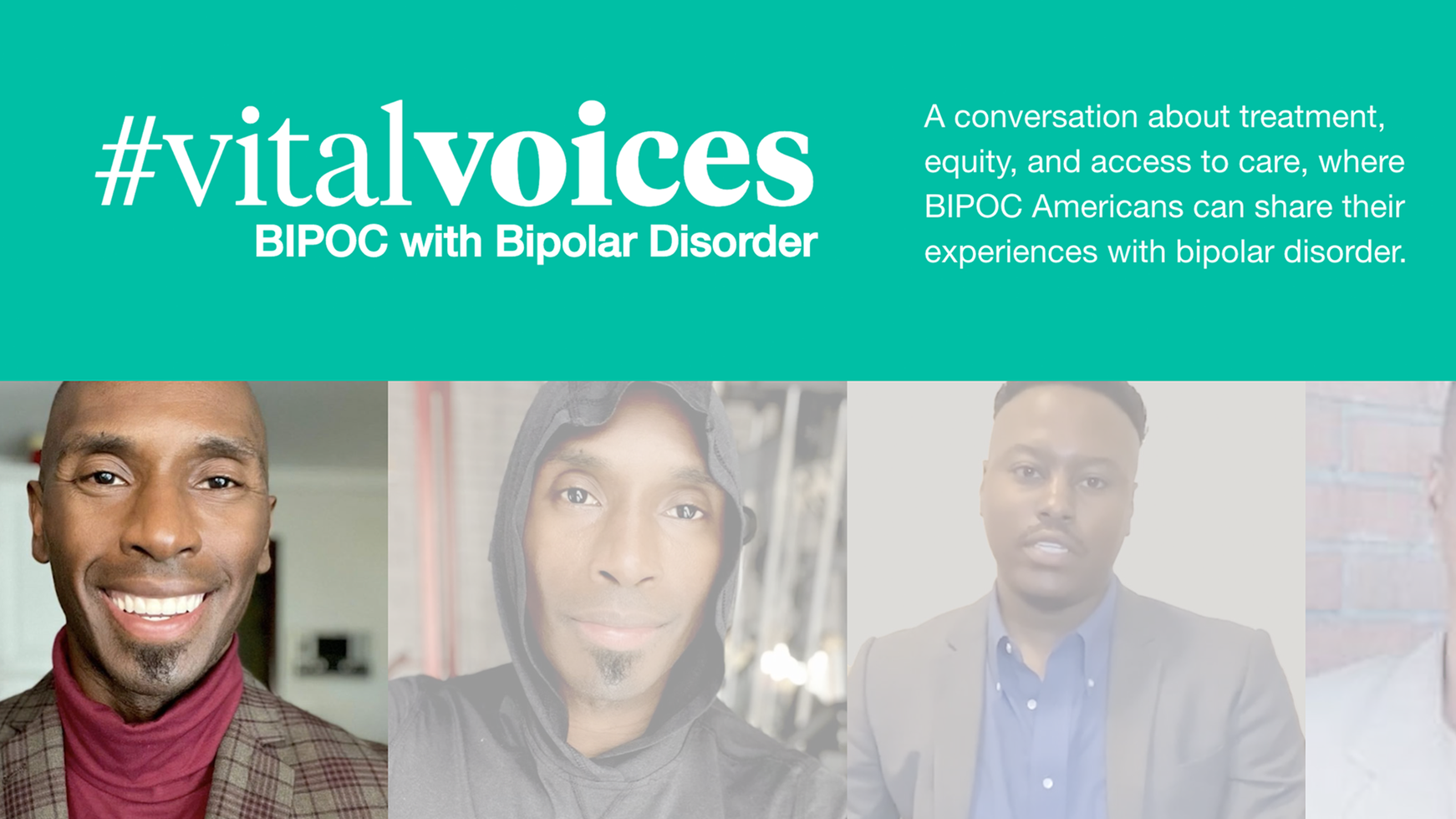Bipolar disorder is a mental health disorder characterized by depressive and manic episodes.
During a manic episode, a person may feel hyperactive, important, elated, and confident. They may also feel angry and irritable, have difficulty sleeping, have difficulty concentrating, and engage in risky behaviors.
As the name suggests, a depressive episode is characterized by feeling sad, numb, hopeless, worthless, and having no interest in activities that are usually enjoyable.
People with bipolar disorder experience abrupt transitions between these types of episodes. Some people also experience mixed episodes, where symptoms occur simultaneously or with very rapid shifts.
The specific symptoms and the severity of symptoms will vary from person to person. Bipolar disorder is a different experience for everyone.
Treatment for bipolar disorder
Bipolar disorder is typically treated with medications to help stabilize moods. Treatment is typically overseen by a psychiatrist, and psychotherapy is also an important aspect of treatment. Electroconvulsive therapy (ECT) is used in some cases.
A person’s habits and lifestyle also play an important role in treatment—and can help a person with bipolar disorder get the most benefit from their treatment.
Here, we will look at how diet and nutrition may impact bipolar disorder.
Nutrition and bipolar disorder
There is no special diet recommended for bipolar disorder and there have only been a few studies that look at the impact diet and nutrition can have on managing bipolar disorder.
Research shows that people with serious mental illnesses, including bipolar disorder, tend to have less nutritious diets. They are also at an increased risk of malnutrition and eating disorders. Additionally, medications used to treat bipolar disorder can increase a person’s risk of obesity, high cholesterol, and diabetes.
A healthy diet can help avoid complications related to poor nutrition, help maintain a healthy weight, and help maintain healthy cholesterol and blood sugar levels.
What foods should you eat?
People with bipolar disorder should focus on eating foods that offer good nutritional value and avoid foods that have low nutritional value.
High quality foods include fruits and vegetables (either fresh or frozen), whole grains, lean proteins (like poultry and fish), and healthy fats. You want to focus on eating foods that are unprocessed or minimally processed.
Even when eating healthy foods, quantity is important, and you should also pay attention to portion sizes and how many calories you are consuming each day.
A healthy approach to eating can help you meet your body’s nutritional needs. It can also help you avoid or manage other health conditions like cardiovascular disease, obesity, and metabolic disorders like type 2 diabetes—serious conditions that occur more frequently in people with bipolar disorder.
What foods should you avoid?
The foods you avoid also play an important role in your health. People with bipolar disorder will want to avoid:
- Coffee and other foods and beverages containing caffeine.
- Sugary foods and refined carbohydrates, which can cause blood sugar spikes, which have the potential to alter moods.
- Alcohol, which can alter moods and cause potentially dangerous interactions with medications used to treat bipolar disorder. Alcohol use disorders are also associated with bipolar disorder.
Talk to your healthcare provider
Everyone’s nutritional needs are different, and you should always consult your healthcare provider before making any drastic changes to your diet. Talk to your healthcare provider about the foods you eat and what foods can benefit your health.
Anyone with bipolar disorder should also have routine blood work to check blood sugar and cholesterol levels. Blood tests can also help identify nutritional deficiencies. These tests are typically part of an annual exam with a primary care provider.






